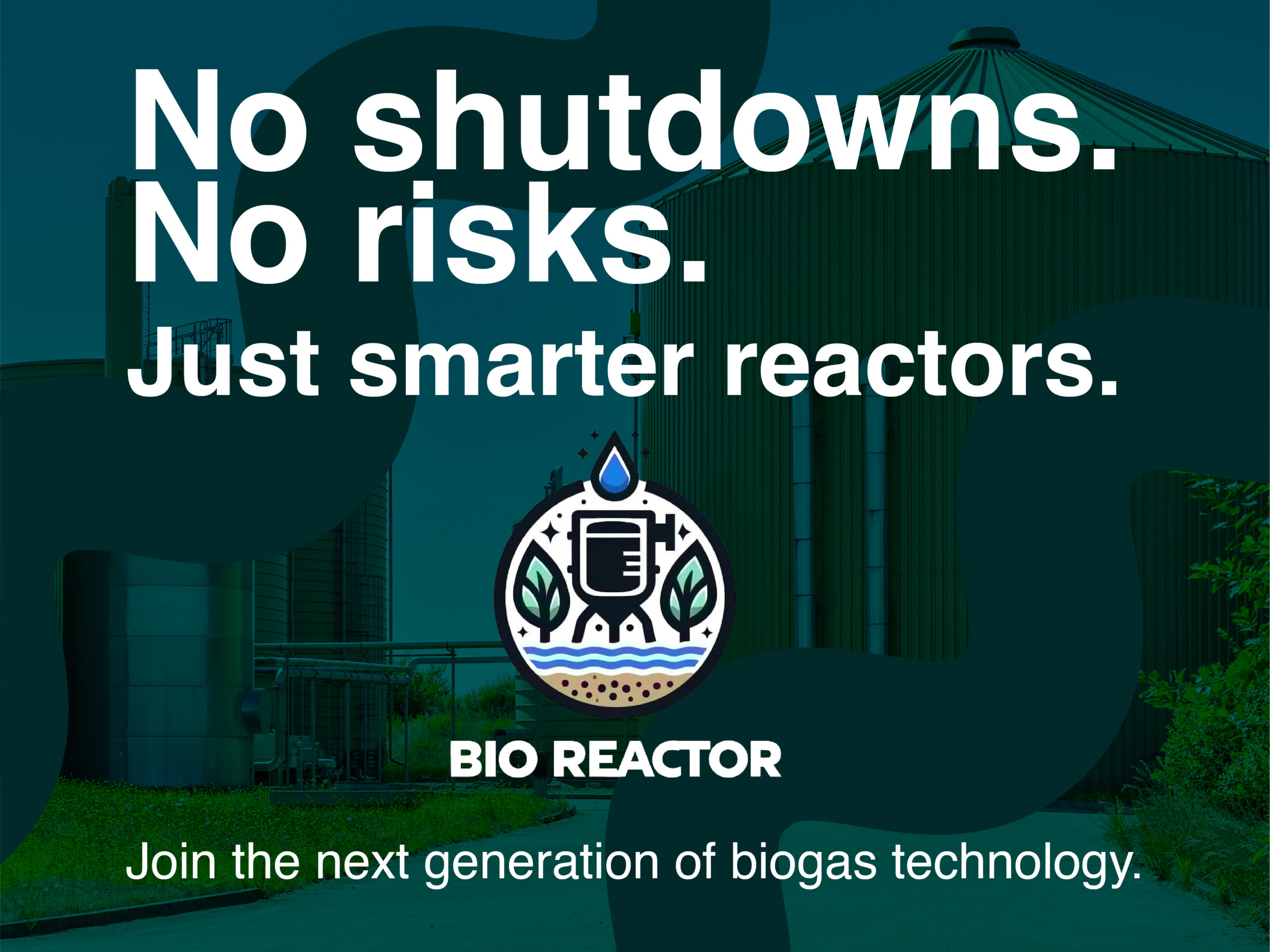Tailored services to support the adoption of green and digital solutions
Helping small and medium-sized enterprises (SMEs) across Europe transition towards sustainability and technology. This is the ambition behind MANTRA, a project funded by the European Commission under the Horizon Europe program (Grant Agreement no. 101178023). At the heart of the action, there is the support to SMEs in the manufacturing sector and those technologically advanced along the process of transformation and development towards more innovative, circular and digitized production models.
The project is promoted by a consortium of eight partners from seven European countries, operating in fields ranging from engineering to strategic consultancy, industrial research, and technology transfer (see box for details).
At the core of MANTRA is its digital platform, designed as a space for collaboration and co-design among traditional SMEs, technology providers, consultants, and innovation stakeholders at the European level. The system guides participating companies through a structured pathway starting with a self-assessment of their digital competencies and environmental practices. From there, it activates services such as matchmaking, co-creation labs, mentoring, and funding for pilot projects.
The initiative primarily aims to support businesses operating in low-tech sectors that struggle to modernize their production models. It also seeks to foster the growth of innovative SMEs developing or marketing high-tech solutions in key fields such as robotics, photonics, artificial intelligence, blockchain, nanotechnologies, and sustainable mobility.
| Union’s partnerZabala Innovation Consulting (Spain), project coordinator, located in Navarra Rina Consulting (Italy), active in engineering and consultancyInesc Tec – Instituto de Engenharia de Sistemas e Computadores, Tecnologia e Ciência (Portugal), research and technology transfer Babele Create Together Srl (Romania), PMI specialising in innovation and creativity SEC‑PHO – Southern European Cluster in Photonics & Optics Association (Spain) – European Cluster europeo of photonics and optics IT Manufacturing South (Italy), EIT Manufacturing local nodeGreenovate! Europe (Belgium), European expert network in environmental innovation CETIM – Centre Technique des Industries Mécaniques (France), Mechanical technical PMI support centre |
Financial support for high-impact projects
MANTRA offers tailored services to facilitate the uptake of green and digital solutions. These include prototyping, proof-of-concept testing, technology transfer, pilot process design, innovation strategy, circular business models, LCA and carbon footprint assessments, energy analysis, and intellectual property rights. These services can be co-financed up to €50,000 per company through an Open Call mechanism.
The first call, open from June 15 to September 15, 2025, will select up to 25 European SMEs with the potential to generate significant environmental, economic, and social impacts. Evaluation criteria include the ability to reduce waste (by at least 30%), lowering climate-altering emissions, saving primary energy, increasing material recycling rates, and promoting the creation of new jobs, internal training, and sustainable mid-term investments.
Beyond the technological and financial aspects, MANTRA emphasizes community-building and experiences sharing’s value. The platform hosts a European community designed to foster dialogue between businesses with similar needs, solution providers, digital innovation hubs (DIH), startups, ATI centers, and industrial clusters. Participants can engage in co-creation labs, access case studies, receive one-on-one mentoring, and share best practices, success stories, and replicable tools.

How to apply
To apply for the program, interested companies must visit the official project platform, register, and submit the application form by September 15, 2025. After completing the registration, SMEs will be guided through the online application process. In this initial phase, applicants must complete a self-assessment to map their strengths and critical areas in terms of digitization, sustainability, and innovation capabilities.
Then, the company must prepare a project proposal summarizing the objectives, operational challenges, intended technologies (such as AI, robotics, blockchain, nanotechnologies, photonics, augmented reality), and how the requested funds will be used. The form can be saved and completed in multiple sessions, but once submitted, it cannot be modified.
Projects will be evaluated based on their impact, proposal quality, and implementation potential, with a focus on environmental, digital, and social outcomes.
Who can apply
Participation is reserved for companies meeting the eligibility criteria established at Community level. SMEs as defined by European legislation with a registered office in a Member State of the European Union or in a country associated to Horizon Europe are eligible. They must also operate in one of the project’s target industrial sectors, including:
- Machinery and equipment manufacturing (C28)
- Electrical equipment (C27)
- Computer and electronic products (C26)
- Basic metals (C24)
- Food industry (C10)
- Textiles (C13)
- Apparel (C14)
- Rubber and plastics (C22)
- And other manufacturing domains
Applications must be submitted in english, along with technical and administrative documentation aligned with the proposed project.
Following the call’s rules, a maximum of 25 companies will be selected in this first phase. The evaluation period will take place between October and November, followed by notifications and grant agreement signings in December. Selected projects will begin in January 2026.
How projects will be evaluated
Project evaluation will be based on a scoring system covering five areas:
- Project implementation and support needs
- Digital approach
- Business approach
- Environmental approach
- Social approach
Each area is scored from 1 to 5, with bonus points available for aspects such as innovation, proposal maturity, quality of documentation, and gender equality. However, the key criteria are the environmental and socio-economic impacts. Each proposal must demonstrate, even as a forecast, its potential to reduce waste, emissions, and raw material use, save primary energy, increase recycling rates, create jobs, and launch training or professional development activities.
SMEs and sustainability: where do we stand?
In a Europe that is pushing towards the dual green and digital transitions, small and medium-sized manufacturing enterprises are faced with the dual role of potential actors and vulnerable subjects.
To better understand the sector’s needs, MANTRA conducted a survey (still open) aimed at increasing SME participation in sectors such as mechanics, food, textiles, plastics, ceramics, and metallurgy. The goal is to collect quality data on how companies are addressing sustainability, digitalization, and innovation challenges. The findings will help tailor public policies and support programs more effectively.
The survey, to date, reveals that sustainability has become a concrete operational horizon with which many companies are trying to integrate. But in this attempt there are the first fractures open. The barriers most often cited by SMEs on their way to greater circularity and environmental responsibility are economic, cultural and infrastructural.
First of all, there are high costs: the introduction of low environmental impact technologies, the restructuring of obsolete plants or the redefinition of production cycles require resources that many companies are not always able to mobilize without external support. Following the low market demand that penalizes sustainable strategies in the absence of customers willing to pay a premium price for low-impact products, and the lack of internal skills to manage and implement more green solutions.
These challenges are compounded by regulatory barriers and physical constraints, such as the lack of space to introduce new production lines, material recovery facilities or emission monitoring systems.
The second major challenge identified by MANTRA is digitalization, considered a critical step for any SME looking to evolve. Here too, companies balance enthusiasm with uncertainty. Barriers identified include difficulties in integrating new tech with legacy systems, high innovation costs, and lack of trained staff. Resistance to cultural change is also a key factor, from reluctance to alter long-standing practices, to fear of obsolescence and the inability to manage complex or unfamiliar technologies.
Another recurring issue is a lack of structured awareness: many companies have never conducted a systemic evaluation of their digital maturity and lack a clear vision for future growth.
Beyond the divide between environmental and digital transitions, SMEs involved in MANTRA express several cross-cutting needs. The most frequent is the need for dedicated financial support to overcome entry barriers to innovation and circularity. Other pressing needs include strategic consultancy, operational support, and access to shared infrastructure like labs, demo facilities, simulation tools, and test environments. Finally, many SMEs report feeling isolated, lacking a structured network of partners with whom to collaborate.





